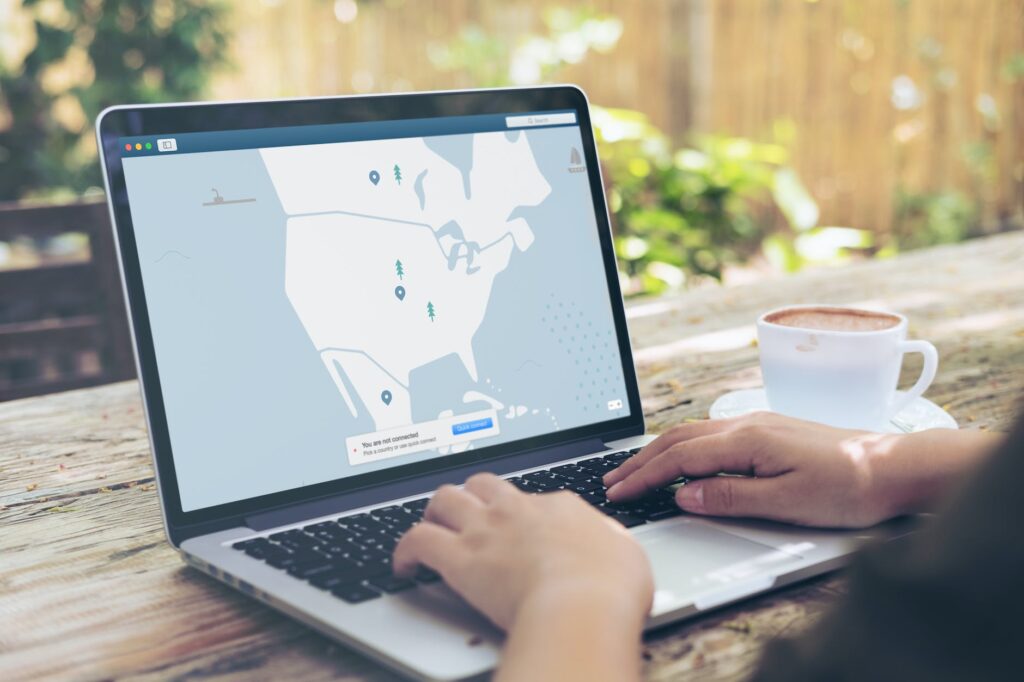Unlocking Seamless Streaming with a VPN: Optimization Tips
In a world where online streaming has become a primary source of entertainment, ensuring a smooth, high-quality experience is crucial. Virtual Private Networks (VPNs) have emerged as a useful tool to bypass geo-restrictions and enhance privacy. However, many users find that streaming can be challenging with a VPN due to speed issues and improper configurations. This guide will provide you with effective strategies to optimize your VPN for an exceptional streaming experience.
Understanding the Basics of VPNs and Streaming
Why Use a VPN for Streaming?
VPNs allow you to access content that might be restricted in your region by masking your IP address and thus your physical location. With the right VPN, you can stream shows, movies, and other content from services around the world, adding tremendous value to your digital entertainment options.
Potential Challenges
Not all VPN services are created equal. Some may cause buffering or lower video quality because of limited bandwidth or subpar server distribution. Thus, optimizing your VPN settings is vital for a reliable, smooth streaming experience.
Selecting the Right VPN for Streaming
Consider Speed and Server Availability
When choosing a VPN provider, prioritize those renowned for high-speed connections and a large number of servers across different countries. More servers typically mean less congestion, allowing for faster streaming.
VPN Protocol Options
Opt for VPNs offering various protocol options like OpenVPN, WireGuard, or IKEv2. Some protocols may offer better speed and stability, which are crucial for streaming.
Encryption and Security Features
Ensure your selected VPN offers robust encryption without compromising speed. Look for features like split tunneling which allows you to route only some of your internet traffic through the VPN, optimizing speed where it matters most.
Fine-Tuning Your VPN for Streaming Performance
Server Location Selection
Choose a server location closest to the country whose streaming content you want to access. This minimizes the distance data has to travel, reducing latency and enhancing streaming speed.
Utilizing Split Tunneling
Implement split tunneling to direct only your streaming service traffic through the VPN. This feature reduces the load on the VPN, allowing you to use the internet without losing speed for other activities.
Regularly Update Your VPN Software
Keeping your VPN updated ensures you are benefitting from the latest performance improvements and security updates, which can indirectly enhance streaming capabilities.
Troubleshooting Common Streaming Issues
Buffering and Lag Problems
If you experience buffering, switch to a different VPN server to see if performance improves. Consider a server close to your physical location if specific region streaming is not a priority at the moment.
Banned IP Addresses
Sometimes, streaming platforms block certain VPN IP addresses. When encountering access issues, try using an alternative server or contact your VPN’s customer support for assistance.
Legal and Ethical Considerations
Always ensure that your VPN use complies with the legal requirements in your area, and respect streaming platforms’ terms of service. While VPNs can enhance accessibility, they should be used responsibly and ethically.
Conclusion
Optimizing your VPN for streaming services is more about making informed choices rather than drastic changes. By selecting a high-quality VPN provider, correctly configuring your settings, and staying informed about available updates and features, you can enhance your streaming experience significantly. Enjoy unrestricted, seamless streaming with the reassurance of privacy and security provided by a well-optimized VPN setup.
FAQs
1. Can a VPN improve streaming quality?
A VPN can help bypass throttling by ISPs, potentially improving streaming speed and quality if configured correctly.
2. Is there a risk in using VPNs for popular streaming services?
Yes, frequently used VPN IP addresses might get blocked by streaming services. Choose a VPN that offers regular IP updates.
3. Will using a VPN affect my internet speed?
A VPN might slightly reduce your speed due to encryption and routing, but a good VPN minimizes this impact. Selecting the right server and protocol can further optimize speed.
4. How do I choose the best server location for streaming?
Opt for a server in the country whose content you wish to access, or choose a nearby server for general speed improvements.



